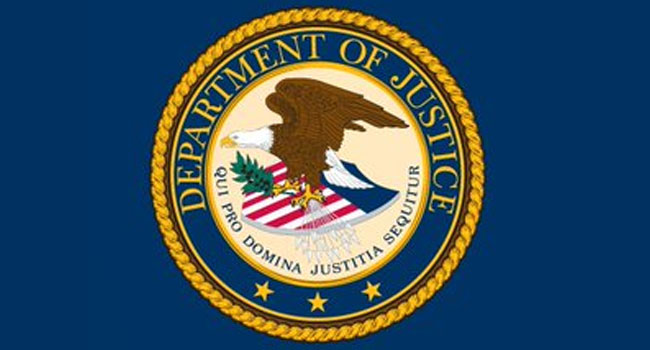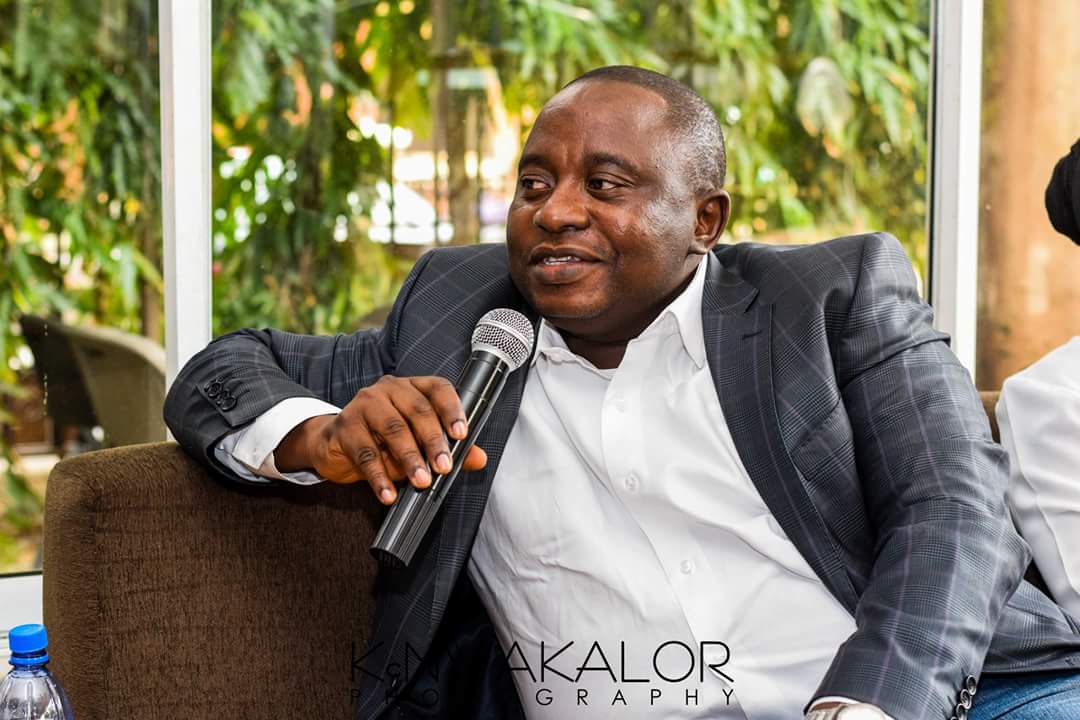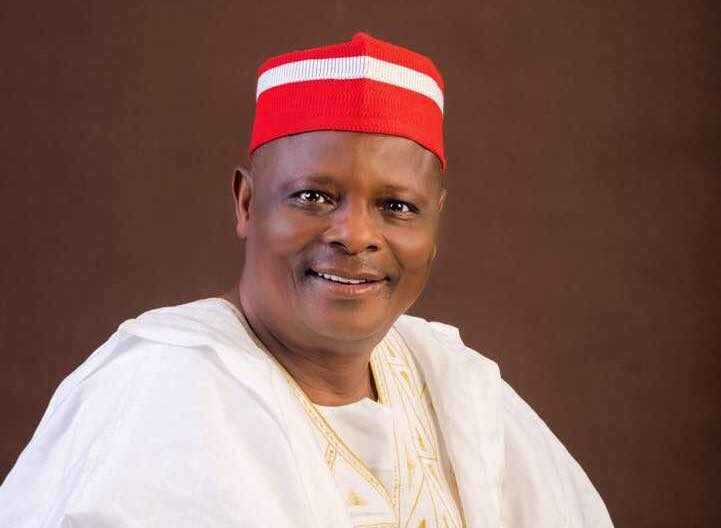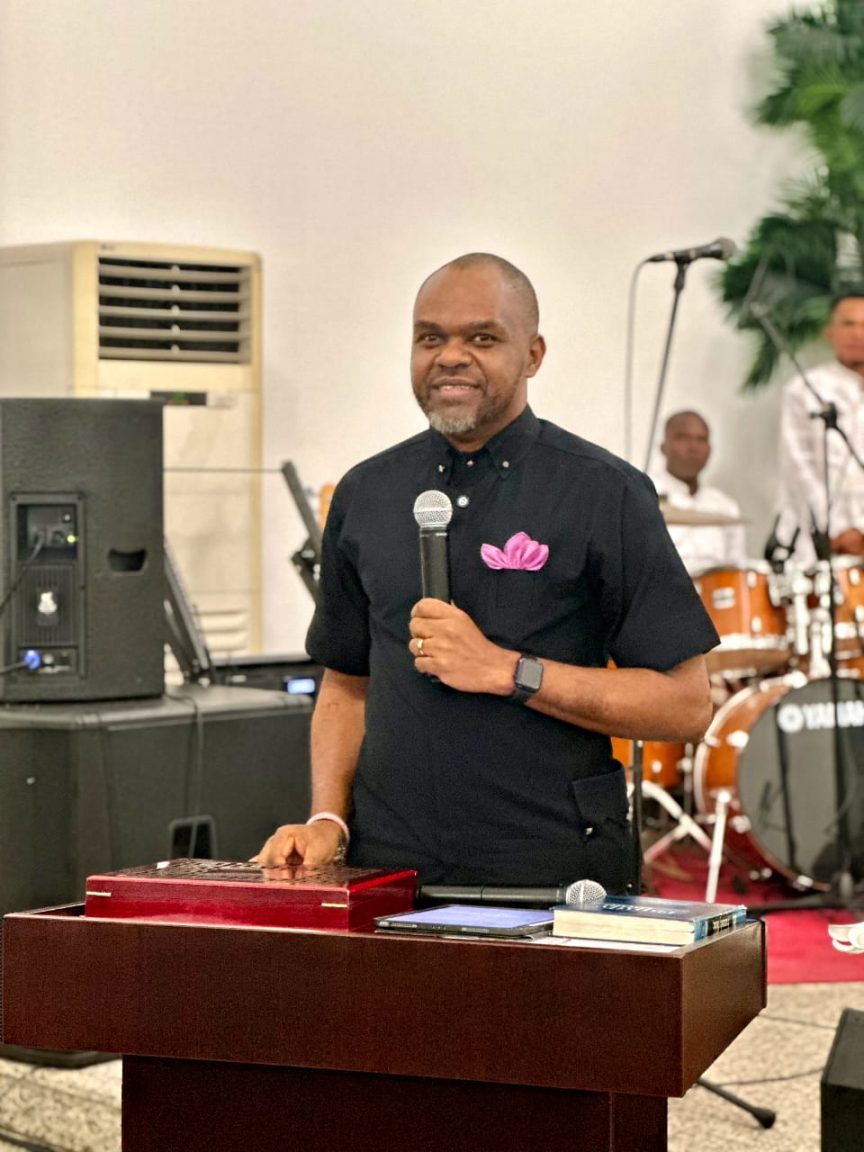By Tina Abeku
The United Nations Office on Drugs and Crimes (UNODC) has said that bribery reports leading to the initiation of a formal procedure against public officials in Nigeria have increased nearly three-fold between 2019 and 2023.
UNODC Head of Justice, Integrity and Health Unit, Muchaneta Mundopa, said that the recently released 3rd ‘National Corruption Survey Report in Nigeria’ by the National Bureau of Statistics (NBS) and the UNODC showed that such reportage increased from 16 to 45 per cent in the four years reviewed, representing a 29 per cent or three-fold increase.
She made this known at a one-day Transparency and Accountability in Public Institution for a Corruption-Free Nigeria workshop on Wednesday in Abuja.
The UN representative noted that young Nigerians represent the demographic that could turn the tide for a corruption-free Nigeria, adding: “We also see an increase in reporting bribery cases to relevant authorities (from 3.5 per cent in 2019 to 8.6 per cent in 2023).
“In terms of demographics, youth are among those exhibiting this positive trend and behavioural attitudes.”
While stressing that there is much to be done in combating corruption in Nigeria, Mundopa said the NBS/UNODC 3rd corruption survey also points out some encouraging efforts from the government that could be yielding results.
“For example, the rate of those who experienced negative consequences when refusing the payment of a bribe reduced considerably from 49% in 2019 to 38% in 2023. This means the government is working on strengthening trust with its citizens.”
“Also revealed is the share of bribery reports that led to the initiation of a formal procedure against public officials increased nearly three-fold between 2019 and 2023, from 16% to 45%. Again, this is progress. This does not hide the fact that a lot of work needs to be done,” she said.
Speaking on the federal government’s anti-corruption efforts, Senior Special Assistant to the President on Citizenship and Leadership, Rinsola Abiola, said the government is involving more young people in governance.
She explained that President Bola Tinubu is aware that infusing the youth in governance indicates a shift from the popular norm; therefore, “the President through the Ministry of Youth is ensuring that young people take their rightful place and that youth affairs are managed by young people.”
She added: “This is what led to the decision to let the Ministry of Youth stand alone so that we can focus on youth issues.”
Representative of the Independent Corrupt Practices and other Related Offences Commission (ICPC), Ademola Bakare, pointed out that youth participation in anti-corruption efforts cannot be overemphasised because the youth are the future.
“We have been able to identify the resourcefulness of young people and recognize their power virtually for desired change.”
















